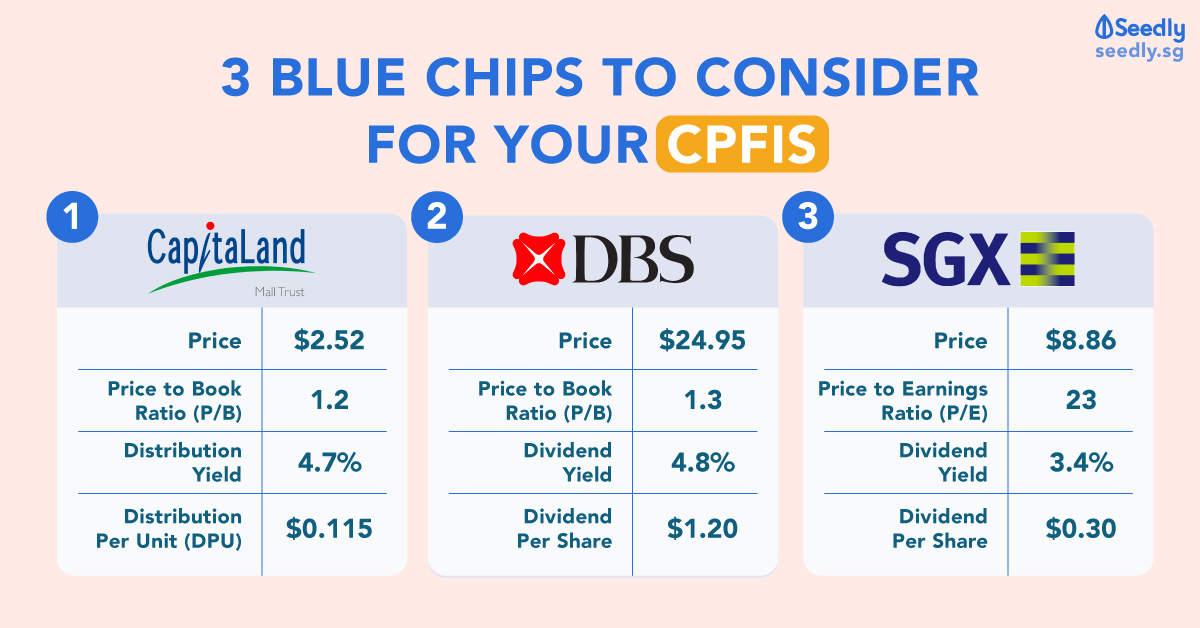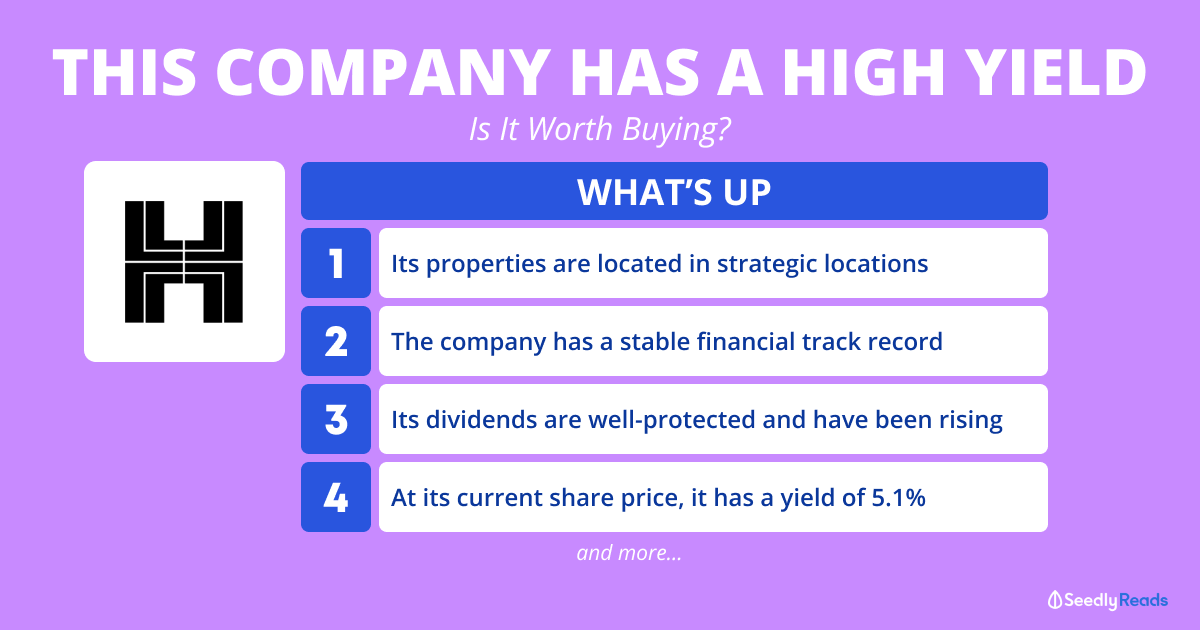Advertisement
Anonymous
Hi, im confused how does OCBC blue chip investment work. Since it's a type of monthly savings plan, does that mean i only earn by dividend from the stocks bought?
How do i calculate that? For example i purchase $200 at a price of $2, does that mean i have 100 shares and if the dividend is 5 cents per share, i earn $5? Also, i thought the amount you put in every month is technically still yours but why do they deduct from your bank account?
6
Discussion (6)
Learn how to style your text
Reply
Save
Hi Anon, yes dividend is one way of earning from OCBC BCIP. Just like owning any stock, you also earn from any capital appreciation of the shares you hold.
Basically, there are 2 accounts involved:
1. Your savings account
2. Your BCIP account
Every month, the bank deducts $x amount from your savings account. A few days after that, your BCIP account will then have $x/($share price) units of shares, minus a small brokerage fee.
The overall value of your asset does not change, i.e. Deduct $x from your savings account but adding shares worth $x into your BCIP account.
Reply
Save
Tan Wei Ming
21 Jul 2020
Founder and Writer at Frugal Youth Invests
My answer to your question title, Yes. You only receive dividends when the company you bought give o...
Read 1 other comments with a Seedly account
You will also enjoy exclusive benefits and get access to members only features.
Sign up or login with an email here
Write your thoughts
Related Articles
Related Posts
Related Products

Saxo Markets
4.5
959 Reviews
US$1
MINIMUM FEE
0.03% to 0.08%
TRADING FEES
Custodian
STOCK HOLDING TYPE

Moomoo Singapore
4.7
484 Reviews

Syfe Trade
4.9
131 Reviews
Related Posts
Advertisement









I have been using BCIP since 2016.
Technically, for monthly investment of 200, the fees deducted is 5 dollars (there's an additional 37 cents fee for SRS). So for 200, you will get 97 shares, they deduct 5 dollars for fees, and refund 1 dollar to your bank account.
The 97 shares are held by ocbc in custody for you. You can perform instructions to sell those shares if you decide to, so that money deducted from your bank account merely goes towards the share purchase under your bcip account.
Its pretty visible in the online banking, and they will show your average cost and the latest market value.